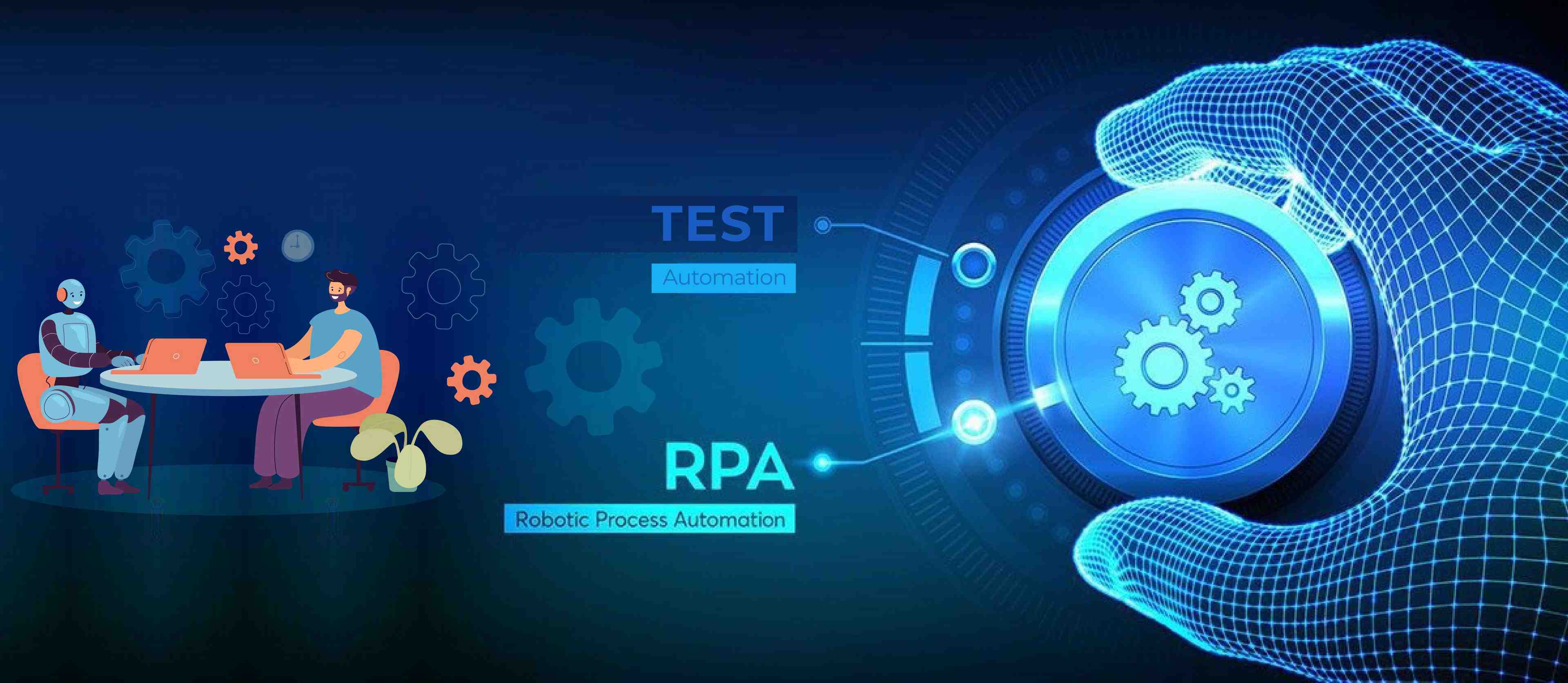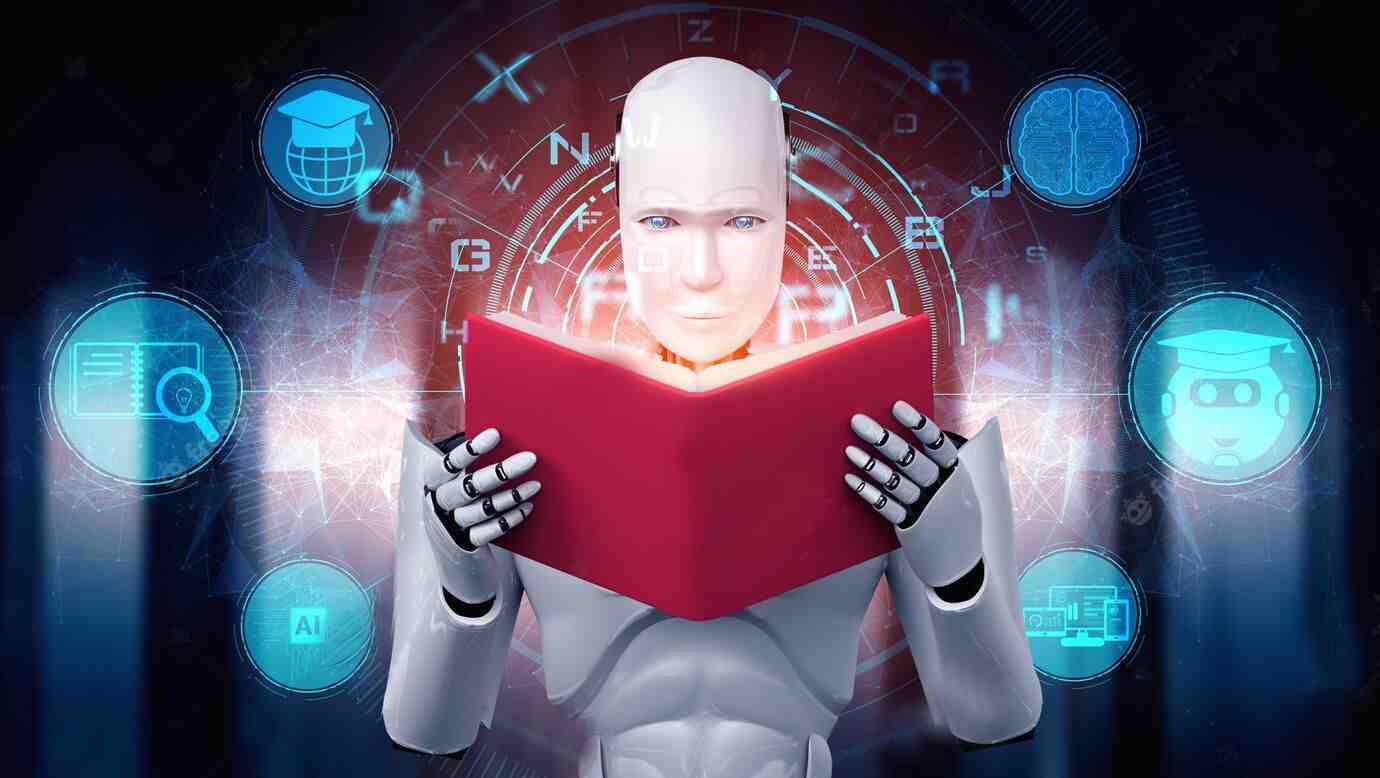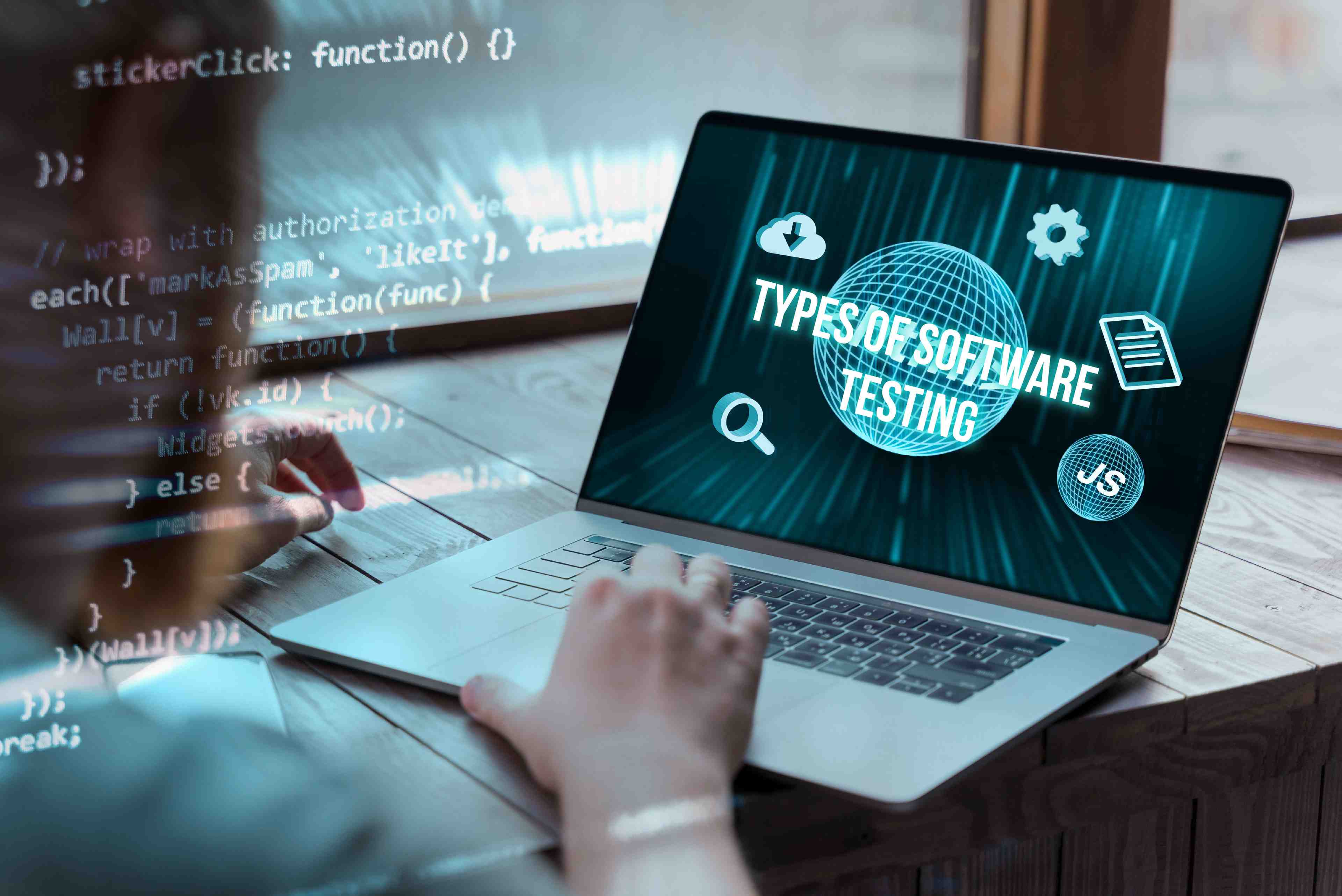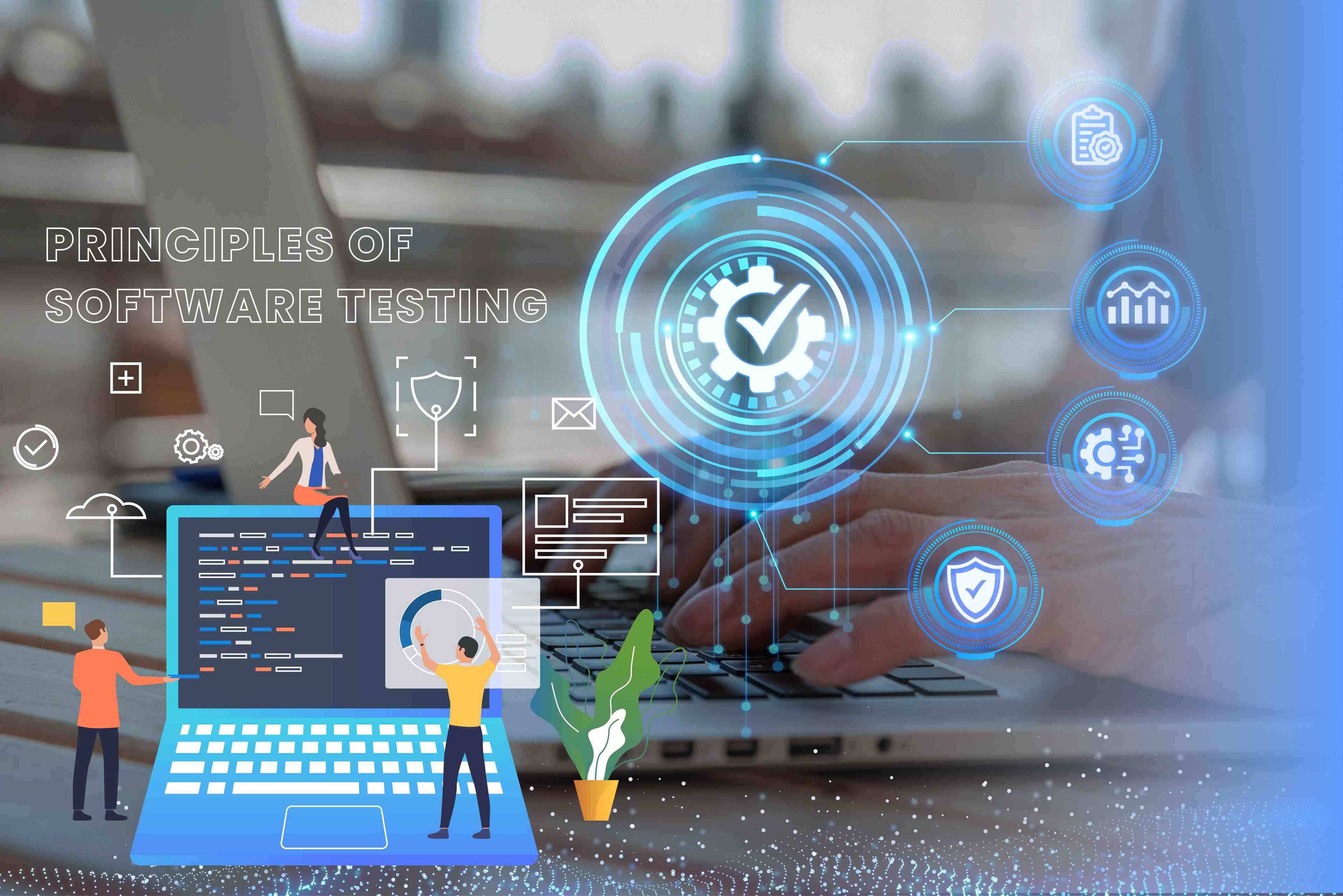

Our Services
Test Automation ServicesAI & Machine LearningBlockchainCRM ConsultingData Science & EngineeringDevOpsDigital MarketingDigital TransformationEmbedded Software DevelopmentERP Consulting ServicesManaged IT ServicesMergers & Acquisitions AdvisoryQA And Testing ServicesRobotic Process Automation SAP Consulting DevelopmentSoftware and Application DevelopmentSQL ConsultingStrategy ConsultingSustainability
- Contact Us
Our Services
- Test Automation Services
- AI & Machine Learning
- Blockchain
- CRM Consulting
- Data Science & Engineering
- DevOps
- Digital Marketing
- Digital Transformation
- Embedded Software Development
- ERP Consulting Services
- Managed IT Services
- Mergers & Acquisitions Advisory
- QA And Testing Services
- Robotic Process Automation
- SAP Consulting Development
- Software and Application Development
- SQL Consulting
- Strategy Consulting
- Sustainability
Insight
Company
Industries
- Contact Us

Revolutionize Your Automation Testing with ChatGPT: The Ultimate AI Testing Tool!
Discover top 7 ChatGPT prompts for automated testing and how they can streamline your testing process. Learn how ChatGPT can help with test automation.
- insight
- /
- blog
- /
- chatgpt-for-automation-testing
Testing software has become more important in recent years. Software quality can't be optimized without automation testing, which is why it's so important. It may save time and money during the delivery of applications that fulfill end-user experience standards, unlike manual testing. Automation testing can speed up the release of software products.
According to MarketsandMarkets' Global Forecast to 2027, the value of automated testing will increase from the current $24.7 billion to $52.7 billion by 2027, representing a compound annual growth rate (CAGR) of 16.4 percent. Companies are making more investments in automated testing, as seen by these numbers, in order to provide reliable software products.
But, as technology progresses and software applications get more intricate, test automation will inevitably become more challenging. Testers still have difficulties in creating test cases, developing test scripts, and carrying out test automation. New testers also have the challenge of keeping up with the newest automated testing tools and practices.
The automated testing industry has been revolutionized by cutting-edge AI tools like Natural Language Processing and machine learning. It paves the way for cutting-edge features such as test case and data development in natural language, sophisticated analysis of test results, and more. Nowadays, ChatGPT has been the forerunner in the trend toward the widespread use of automated testing. It has human-like communication abilities and can instruct you in coding, creating test cases, and other computer-related tasks.
Read Also: AI in Test Automation: Benefits, Methods & Tools
We'll go deep into how ChatGPT revolutionizes automated testing and contributes to better software development practices. This blog will teach you the ins and outs of automating tests using ChatGPT.
Let's learn about ChatGPT and how it can help with test automation.
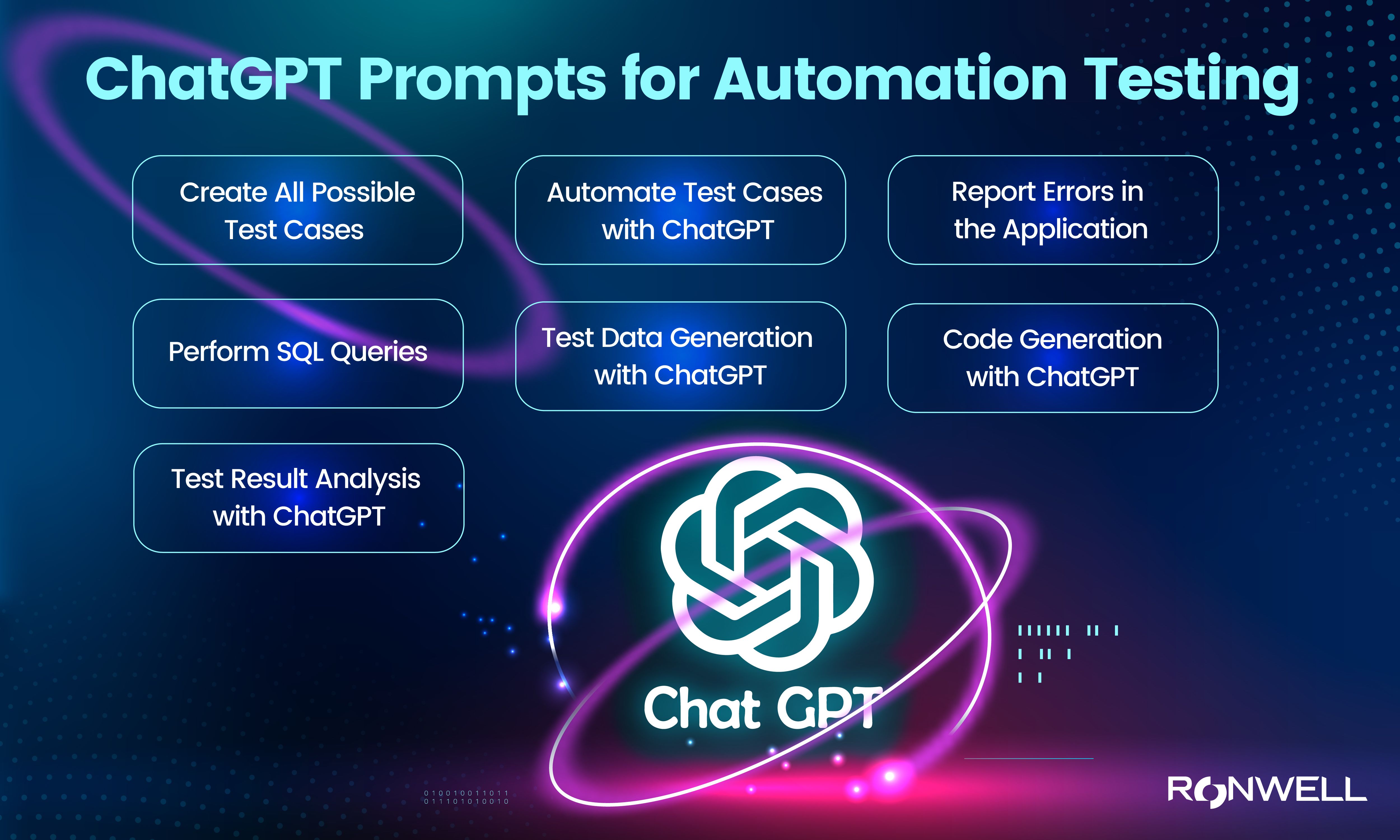
What is ChatGPT?
OpenAI's ChatGPT is a cutting-edge language model. It enables the automation of jobs requiring human-like interactions, such as an AI chatbot or virtual assistant, by applying artificial intelligence based on NLP.
OpenAI plans to employ several interfaces, such as Playground, ChatGPT, and APIs, to make its AI capabilities more approachable and applicable to a wide variety of users and applications.
The playground interface provides a visual and easy way to play around with and interact with OpenAI's AI models. Its user interface is intuitive and gives you more precise command over the dynamics and input/output of your model.
It is a web app that uses an AI model to facilitate conversational interactions with OpenAI's AI. It can process and react to input in plain language, and it remembers past interactions to better tailor its responses.
If you wonder RPA vs Test Automation Difference
Examples of Using ChatGPT for Automation Testing
Here are some of the most common ways that ChatGPT can be used for automation testing:
Create All Possible Test Cases
It's possible that high-level test cases could leave out important information that could mislead any QA expert. The AI-powered ChatGPT tool can create test scenarios and get better results when the same question is asked more than once.
ChatGPT can make test cases for a number of different requests, such as:
- Data samples for a sign-up form on a website
- Trying out ideas for an eCommerce deal
- Test data for a date picker
Prompt: “Create to test a login form with every possible scenario.”

Automate Test Cases with ChatGPT
The steps for automating the test cases can be found in ChatGPT. Nevertheless, it does not replicate the conditions of a real device in which an app could be used. Instead, you'll need to tell Chat GPT exactly what to do in order to get the necessary codes to automate a test case.
For instance, you can request the generation of Java, JUnit, and Selenium code to automate test cases. It will explain in great detail how to build code for automation, which can then be modified to suit specific needs.
Below is a snapshot of the code's response in Selenium.


For: How to Create Test Cases for Automated Tests?
Report Errors in the Application
Error reporting is an important part of testing software. ChatGPT automation helps you write correct code and gives you an easy way to report information about errors using natural language.
Here is an example:

Perform SQL Queries
Throughout the course of testing, ChatGPT can craft SQL queries to infer the existence of additional, relevant database tables.
Prompt: Sample code for SQL queries such as "searching customer tables from relevant to a specified city and sorted by their last names" are provided by ChatGPT.

Test Data Generation with ChatGPT
With ChatGPT automation, the effort and time involved in generating test data manually can be saved. By leveraging ChatGPT, test data can be created that covers a wide range of data inputs, unexpected inputs, and edge cases.
Thus, ChatGPT automation can help to enhance software applications' quality, reliability, and functionality by decreasing the risk of errors in the software development process.
Code Generation with ChatGPT
ChatGPT is able to read and understand code since it has been trained on a massive sample of text data.
Based on user input in natural language, it may generate code automatically. Syntactically accurate code for a programming language is generated by first deducing the meaning of the input text, then using suitable code templates to fill in the required blocks.
Prompt: Generate an HTML form and JavaScript submit code.

Test Result Analysis with ChatGPT
Test result analysis is a crucial aspect of automated testing that involves interpreting the test outcome after executing test cases to identify and fix bugs in a software application.
ChatGPT can simplify this task by automatically analyzing test results and checking for specific patterns in the data.
Limitations of ChatGPT
As ChatGPT becomes more popular, it will likely change and improve over time. However, it has some limitations.
Below is an overview of its limitations:
- Despite ChatGPT's human-like text generation capabilities, it may not have the specialized topic knowledge or skill of a human specialist in certain fields.
- Due to its extensive training on text data, ChatGPT may unintentionally include factual mistakes or misrepresentations from the underlying training data.
- It is possible that ChatGPT-generated code will have mistakes or be less optimal since the tool may lack a complete understanding of the task's context or requirements. Before using the produced code in a production environment, it is crucial to ensure its accuracy and performance.
- As the model is trained on a vast quantity of text data from the internet, it may have picked up any inherent biases in that data. The result may be material that is discriminatory or insulting.
- The limited accountability of ChatGPT stems from the fact that, as a machine learning model, it might be difficult to comprehend how it creates certain outputs.
- It is programmed to produce text in response to user input, but it may not completely grasp the context or purpose of that input. This might cause the input to be misunderstood or misinterpreted, leading to potentially inaccurate results.
- Despite efforts by ChatGPT's developer, OpenAI, to address these concerns, it is crucial to double-check the data produced by GPT models before relying on them for mission-critical applications.
FAQ
What are the benefits of using ChatGPT?
The benefits of using ChatGPT include time-saving, scalability, improved accuracy, and cost-effectiveness. It can automate certain tasks, generate large amounts of text quickly and efficiently, provide more accurate and reliable outputs, and help save money on staffing costs.
References
Writer:

Halime Yılmaz
Content Marketing Specialist
5 min read
6 April 2023, Thursday
Related Posts
Related Industries
Related Services




